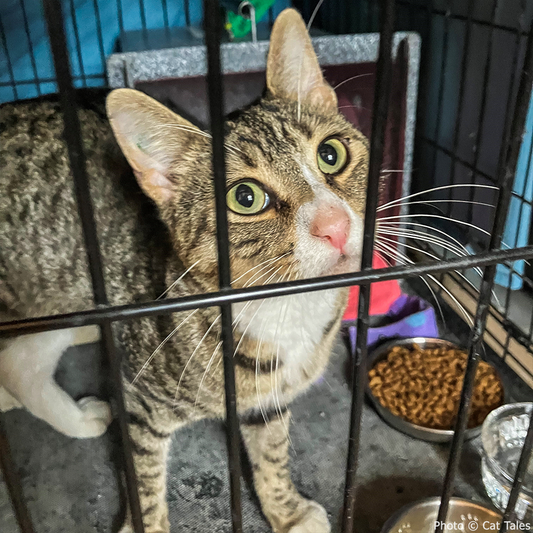Secondhand Smoke Turns Pets into Silent Victims of Cancer
Matthew Russell
Pexels
Every puff of a cigarette not only endangers human health but casts a shadow over our beloved pets. Recent studies shed light on the alarming effects of secondhand smoke on animals, revealing a compelling reason for pet owners to extinguish their smoking habits for good.
 Photo: Pexels
Photo: PexelsSecondhand smoke increases cancer risk in pets.
Unseen Dangers in the Air
Secondhand smoke, the byproduct of tobacco consumption, is a cocktail of over 7,000 chemicals. Many of these compounds are toxic, with a significant number known to cause cancer, VCA Hospitals reports. While the repercussions of inhaling these pollutants are well-documented in humans, our pets are equally, if not more, susceptible to their harms.
 Photo: Pexels
Photo: PexelsCats living with smokers have a higher incidence of lymphoma.
Scottish Terriers at the Forefront
A groundbreaking study focusing on Scottish terriers has brought the issue to the forefront. Known for their predisposition to bladder cancer, these dogs become unwitting subjects in understanding the broader implications of environmental toxins, according to the Washington Post. The research, published in the Veterinary Journal, found that Scottish terriers exposed to cigarette smoke were six times more likely to develop bladder cancer compared to those in smoke-free environments.
 Photo: Pexels
Photo: PexelsDogs exposed to smoke are more likely to develop lung and nasal cancers.
A Spectrum of Risk Across Breeds
The risk extends beyond Scottish terriers. Dogs of all breeds face increased dangers, with long-nosed breeds like Collies and Labradors more prone to nasal cancer, while short-nosed breeds like Pugs and Shih Tzus are more susceptible to lung cancer due to their inability to filter out carcinogens effectively, VCA Hospitals reports.
Cats and Birds: Silent Sufferers
The peril is not limited to dogs. Studies show that cats living in smoke-filled environments are twice as likely to develop lymphoma. Their grooming habits exacerbate the risk, as they ingest toxic particles that cling to their fur. Birds, with their highly sensitive respiratory systems, face a barrage of health issues from pneumonia to lung cancer when exposed to tobacco smoke.
 Photo: Pexels
Photo: PexelsPets in smoking households suffer from more eye infections and allergies.
The Case of Thirdhand Smoke
The concept of thirdhand smoke introduces another layer of risk. This refers to the tobacco residue that lingers on surfaces and clothing, posing a danger even when the smoke has cleared. Dogs and other pets can ingest these toxins during grooming, leading to potential health complications, reports the American Kennel Club.
A Call to Action for Pet Owners
The findings from these studies serve as a stark reminder of the broader impacts of smoking. Pet owners are encouraged to consider the well-being of their furry companions. As Purdue University.
 Photo: Pexels
Photo: PexelsThirdhand smoke, or residue left on surfaces and clothing, also poses risks to pets.
A Smoke-Free Future for All
The evidence is clear: secondhand smoke poses a significant threat to our pets' health. As responsible pet owners and compassionate individuals, it's incumbent upon us to create a safe, smoke-free environment for all members of our households.
By understanding the risks and taking proactive steps to mitigate them, we can ensure a healthier future for our beloved animal companions.
Matthew Russell is a West Michigan native and with a background in journalism, data analysis, cartography and design thinking. He likes to learn new things and solve old problems whenever possible, and enjoys bicycling, spending time with his daughters, and coffee.




















